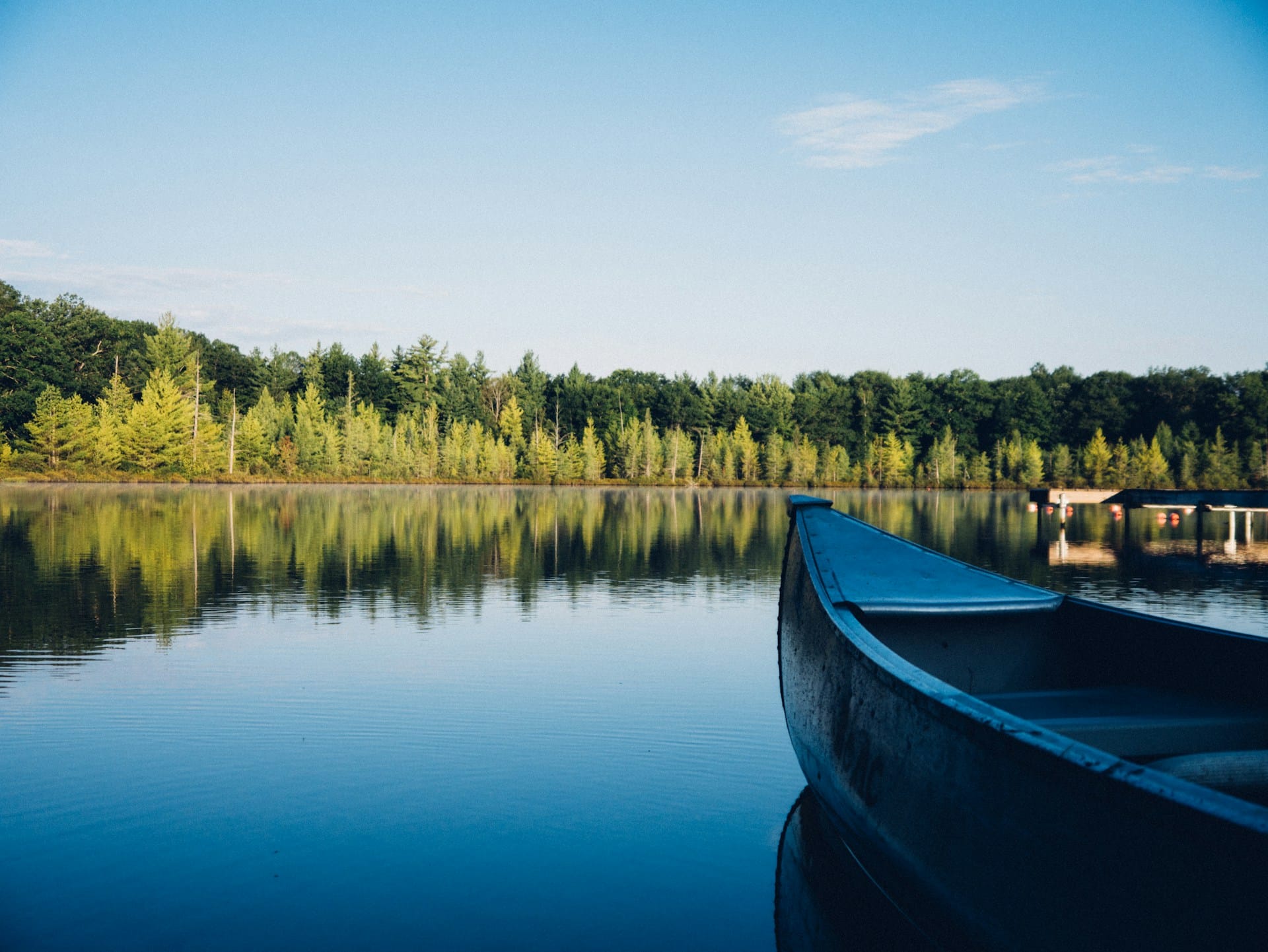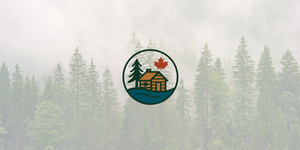Canada’s claim to fame as the planet’s ultimate “lake country” isn’t just patriotic bragging; it’s backed by some eye-popping numbers:
- Over 2 million lakes in total, 563 of them bigger than 100 km², cover about 9 % of the nation’s surface.
- A 2016 McGill-led analysis of the HydroLAKES database tallied ≈ 8.8 million freshwater lakes (≥ 0.1 km²) in Canada—“more than every other country on Earth combined” for that size class.
- In the same dataset Canada’s federal map layer (CanVec) alone contributes 863 550 lakes ≥ 10 ha, out of roughly 1.4 million such lakes worldwide—about 60 % of the global total in that bracket.
So, is the popular line “Canada has more lakes than the rest of the world combined” literally true?
At the very smallest sizes it’s impossible to be certain—nobody has mapped every pond on Earth. But for lakes bigger than a few football fields, Canada really does appear to hold a majority share, and by any metrestick it outranks every other nation by a mile.

Five Massive Canadian Lakes (Not Named Superior, Huron, Erie, Ontario, or Michigan)
| Rank in Canada (ex-Great Lakes) | Lake | Area (km²) | Province / Territory | Fun fact |
|---|---|---|---|---|
| 1 | Great Bear Lake | 31 328 | Northwest Territories | Largest entirely-within-Canada lake; so clear the RCAF once tested aircraft landings on its ice. Wikipedia |
| 2 | Great Slave Lake | 28 568 | Northwest Territories | North America’s deepest at 614 m; source of the Mackenzie River. Wikipedia |
| 3 | Lake Winnipeg | 24 387 | Manitoba | Holds more water than Lake Erie despite being half the size—huge drainage basin. Wikipedia |
| 4 | Lake Athabasca | 7 935 | Saskatchewan / Alberta | Its north shore’s dunes form the world’s largest active sand-dune field this far north. Wikipedia |
| 5 | Reindeer Lake | 6 650 | Saskatchewan / Manitoba | A rare “bifurcation” lake—water exits in two different directions. Wikipedia |
(Areas are modern mean-surface estimates; natural water-level swing can change them year-to-year.)
Why Canada Is So Lake-Rich
- Glacial scouring & the Canadian Shield – The Pleistocene ice sheets carved tens of thousands of basins into the hard Precambrian rock of the Shield. When they melted, the hollows filled with meltwater and rain, littering the Shield with tarns, kettle ponds, and sprawling inland seas.
- High-latitude post-glacial terrain elsewhere – The Prairies’ “pothole” country, the Mackenzie Valley, and Nunavut’s tundra are likewise pock-marked by glacial melt depressions.
- Low evaporation, ample precipitation – Northern climates lose less water to evaporation, so even shallow basins stay wet.
- Sparse population – Less shoreline development means fewer lakes drained or dammed into reservoirs (though Canada certainly has plenty of those, too).
A Bit of Perspective
- Russia is a distant second in the lake count, followed by the United States and Sweden. None come close to Canada’s share.
- The Great Lakes, though shared, still form the planet’s largest connected freshwater system—18 % of the world’s liquid surface freshwater. But Canada’s wholly domestic giants (above) would collectively rank among the largest lakes on Earth on their own.
- Canada’s lakes store not just water but cultural identity: cabin/cottage/camp life, a million fishing stories, and more canoe routes than any paddler could cover in a lifetime.
So next time someone trots out the line that Canada has more lakes than every other country put together, you can safely say: for most practical definitions of a “lake,” that’s basically true!
Happy Cabin Living!






Join the Conversation